Moroccan cuisine is popular for its bold and exotic flavors rooted in its rich history and culture. One of the highlights of this cuisine is the Moroccan sauce. A fragrant and flavorful condiment that adds depth and complexity to any dish.
This sauce is a harmonious blend of spices, herbs, and other ingredients that reflect the diverse influences of the North African region. From the aromatic aroma of cumin and coriander to the tangy sweetness of preserved lemons. Moroccan sauce is a culinary adventure that is not to be missed.
Here, we’ll explore the diverse world of Moroccan sauce and how it can be handy to bring life to your dishes. We’ll delve into the ingredients and spices that make up this delicious sauce and how they combine to create a perfect balance of flavors.
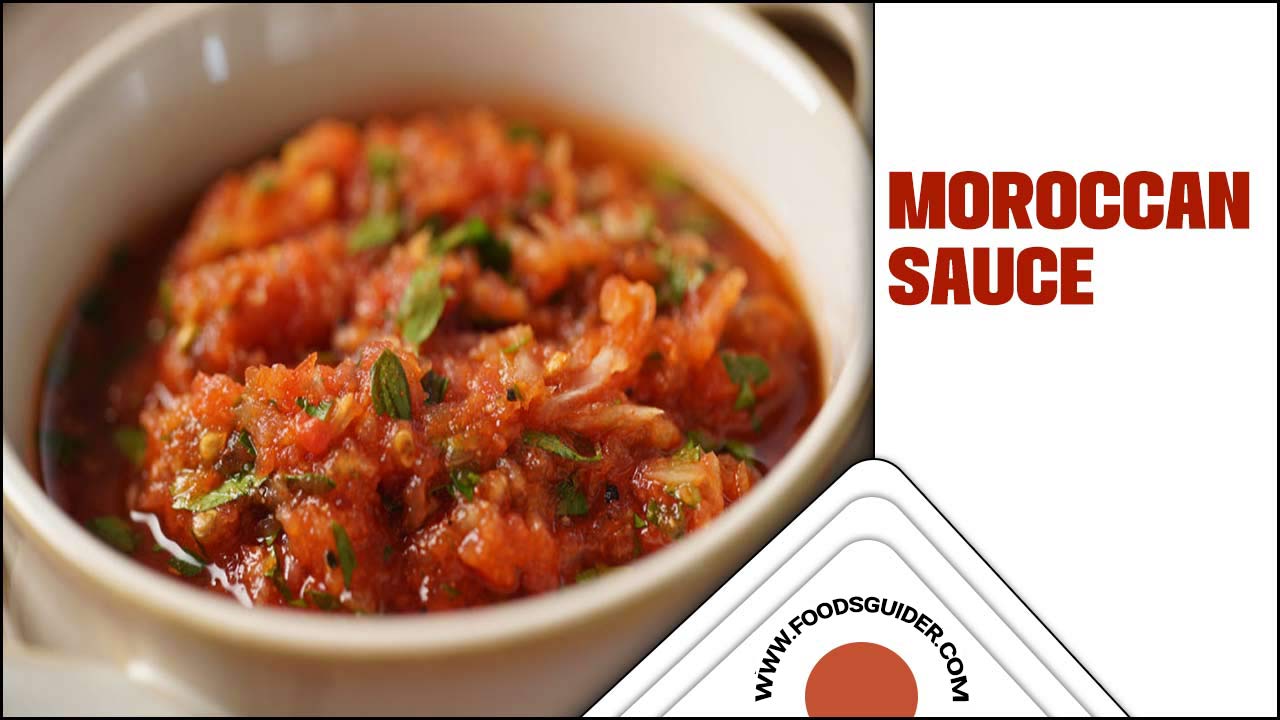
How Can Moroccan Sauce Elevate Your Dishes?
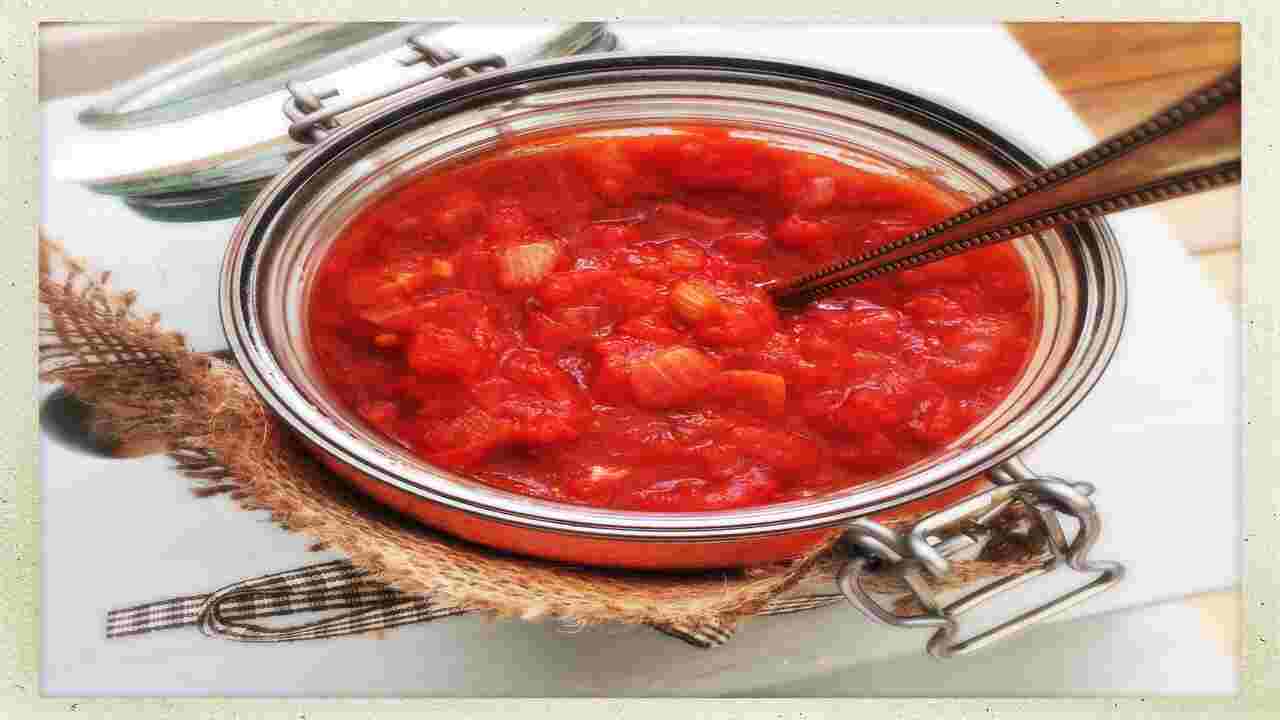
Moroccan sauce is a versatile condiment that can truly elevate your dishes. Its rich and complex flavors add a unique twist to any meal. Whether you’re using it as a marinade for grilled meats, a dipping sauce for vegetables, or a topping for couscous or rice, Moroccan sauce brings a burst of exotic taste to your plate.
Made with a blend of spices like cumin, cinnamon, and paprika, along with ingredients like tomatoes and onions, this sauce creates a harmonious balance of savory, sweet, and spicy flavors. So next time you want to add some excitement to your cooking, reach for the Moroccan sauce and let it transport your taste buds to the vibrant streets of Morocco.
Traditional Ingredients Used In Moroccan Sauce
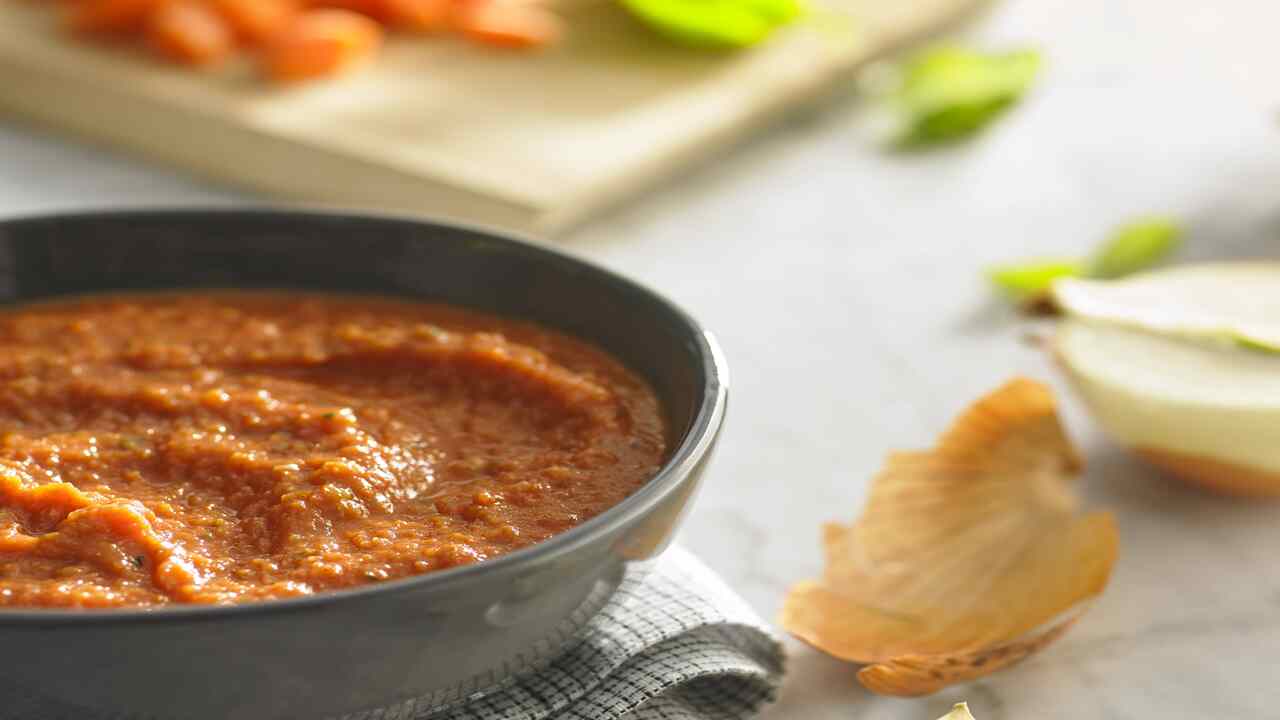
Moroccan sauce is a spicy, flavorful condiment often handy in North African cuisine. Moroccan sauce is a flavorful and versatile condiment commonly handy in Moroccan cuisine. It makes with a combination of traditional ingredients, which gives it its distinctive taste. Some of the key ingredients used in Moroccan sauce include:
- Tomatoes: Fresh, ripe tomatoes are often handy as the base for Moroccan sauce, providing a rich and tangy flavor.
- Onions: Onions are sautéed until caramelized to add depth and sweetness to the sauce.
- Garlic: Garlic adds a pungent and aromatic flavor to the sauce.
- Spices: Various spices are typically used in Moroccan sauce, such as cumin, paprika, turmeric, cinnamon, and ginger. These spices lend warmth and complexity to the sauce.
- Herbs: Fresh herbs like cilantro and parsley are often added towards the end of cooking to add freshness and brightness to the sauce.
- Olive Oil: High-quality olive oil is commonly used in Moroccan cuisine, including in sauce preparation. It adds richness and enhances the overall flavor profile.
Combining these traditional ingredients in just the right proportions, Moroccan sauce creates a delicious blend of flavors that can be enjoyed with a wide range of dishes, from tagines to couscous.
Versatile Uses For Moroccan Sauce In Various Dishes
Moroccan sauce is a hot, spicy sauce used to cook meats, especially in North African cuisine. It typically includes peppers, garlic, olive oil, and lemon. The sauce is often served with couscous or rice. Moroccan sauce is a versatile and flavorful condiment that can be used in various dishes. Here are some ideas for how to use Moroccan sauce in your cooking:
- Use it as a marinade for grilled chicken or vegetables
- Drizzle it over roasted vegetables for added flavor
- Stir it into couscous or rice for a Moroccan-inspired side dish
- Spread it on sandwiches or wraps for a zesty kick
- Mix it into hummus for a tangy twist
- Use it as a dipping sauce for bread or crudites
- Toss it with cooked pasta for an easy and flavorful meal.
Whether you want to spice up your weeknight dinners or impress guests at a dinner party, Moroccan sauce will surely add a delicious touch to your dishes. Get creative and experiment with different ways to incorporate this versatile sauce into your cooking repertoire.
How To Make Homemade Moroccan Sauce
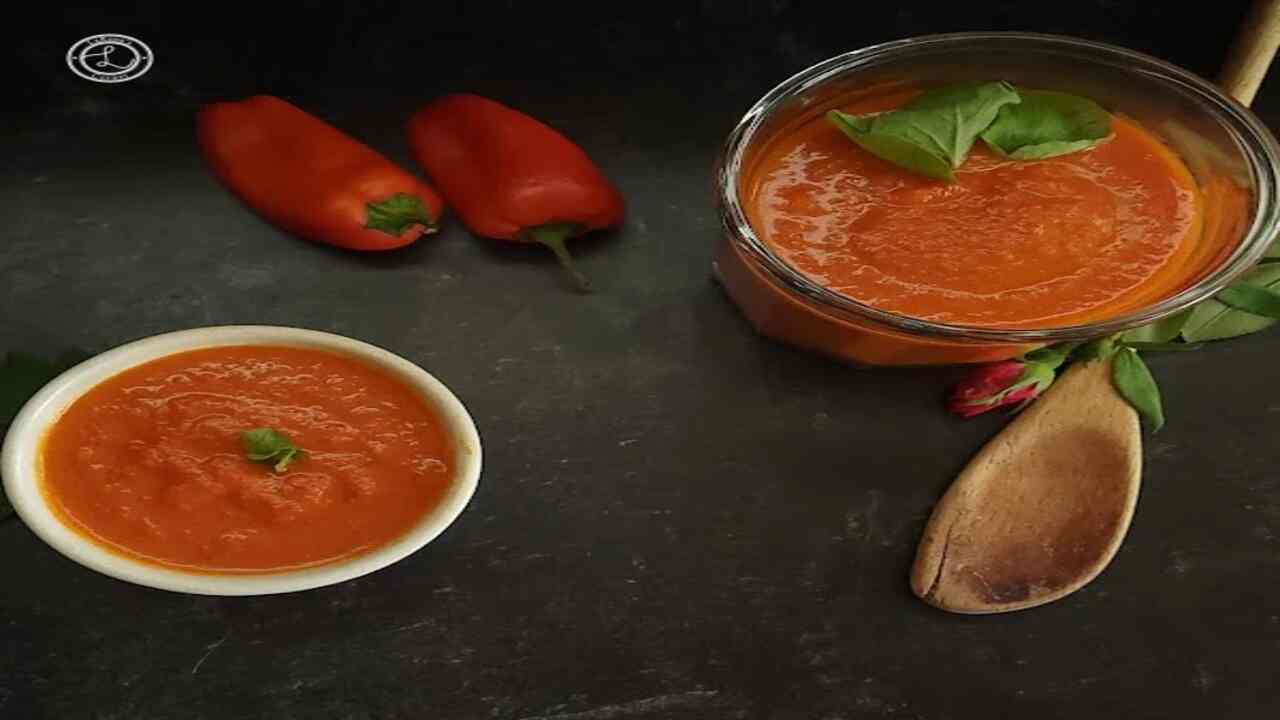
Making homemade Moroccan sauce is a great way to add flavor to your dishes. To make this delicious sauce, you will need the following ingredients: onions, garlic, ginger, cumin, paprika, cinnamon, coriander, turmeric, tomatoes, tomato paste, lemon juice, and olive oil.
Start by sautéing the onions, garlic, and ginger in olive oil until soft and fragrant. Next, add the spices – cumin, paprika, cinnamon, coriander, and turmeric – and cook for a few more minutes to release their flavors. Then, stir in the tomatoes and tomato paste and let the sauce simmer for 15-20 minutes until it thickens slightly.
Finally, finish the sauce by adding lemon juice for a tangy kick. Once your homemade Moroccan sauce is ready, you can use it as a marinade for meats or vegetables or a flavorful topping for couscous or rice dishes. Enjoy!
Enhancing The Flavor Of Meats And Vegetables With Moroccan Sauce
Moroccan sauce is a versatile and flavorful addition to any kitchen. This vibrant sauce is known for its unique blend of spices, including cumin, coriander, and cinnamon, which adds depth and complexity to dishes. Whether you’re grilling meats or sautéing vegetables, adding a dollop of Moroccan sauce can take your dish to the next level.
The tangy and aromatic flavors pair beautifully with various ingredients, making it a staple in Moroccan cuisine. So spice up your meals with this delicious sauce and let your taste buds embark on a culinary journey to Morocco.
Incorporating Moroccan Sauce Into Pasta And Grain Dishes
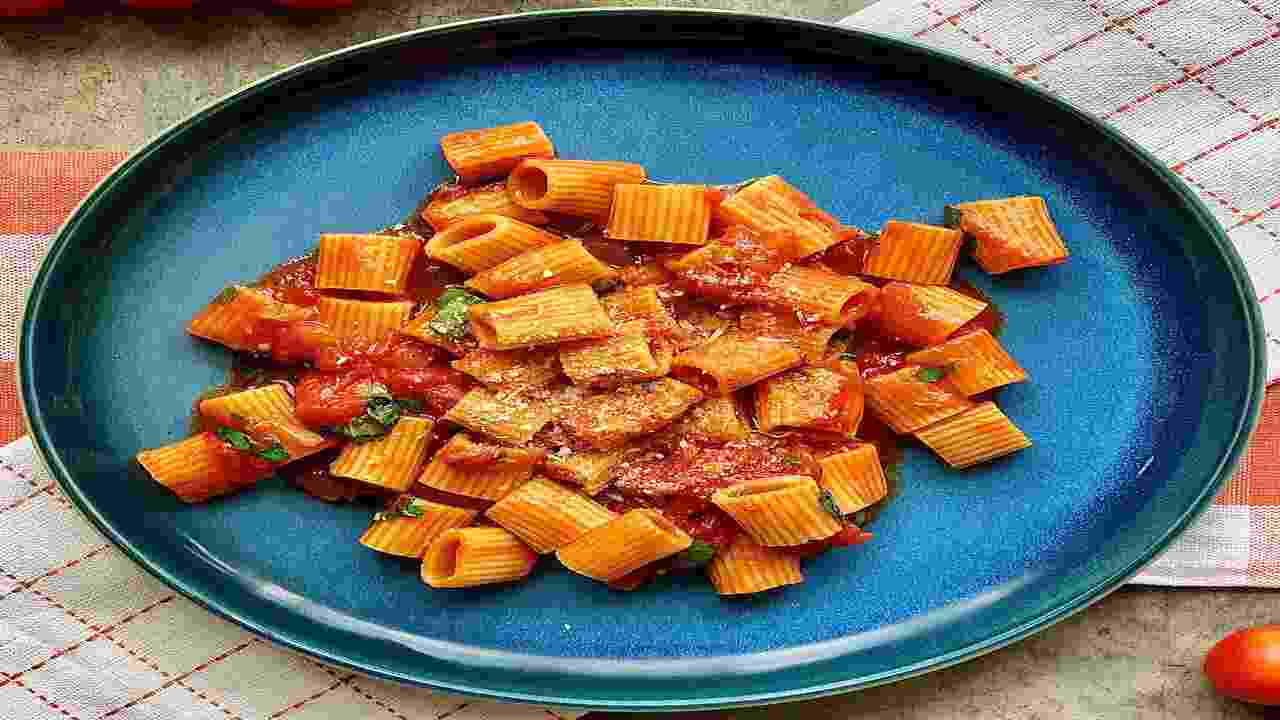
Moroccan sauce is a versatile and flavorful addition to any dish. One great way to incorporate Moroccan sauce into your meals is in pasta and grain dishes. The rich and aromatic flavors of the sauce pair perfectly with the textures of pasta and grains, creating a delicious and satisfying meal.
Simply cook your pasta or grain according to package instructions, then toss it with the Moroccan sauce for an instant flavor. You can also add vegetables, protein, or herbs to enhance the dish further. Whether making a simple weeknight dinner or hosting a dinner party, incorporating Moroccan sauce into your pasta and grain dishes will impress your taste buds.
Creating Unique Dips Spreads, And Marinades With Moroccan Sauce
Moroccan sauce is a versatile and flavorful condiment that can create unique dips, spreads, and marinades. With its blend of aromatic spices like cumin, coriander, and cinnamon, Moroccan sauce adds a deliciously exotic touch to any dish.
Whether you’re looking to jazz up your hummus, create a tangy yogurt dip, or marinate your favorite grilled proteins, Moroccan sauce is the perfect ingredient to elevate your culinary creations.
It’s bold flavors and rich textures make it a must-have in any kitchen for those who crave a taste of Morocco’s vibrant cuisine. So go ahead and get creative with Moroccan sauce – the possibilities are endless!
Exploring Fusion Cuisine With Moroccan Sauce As A Base Ingredient
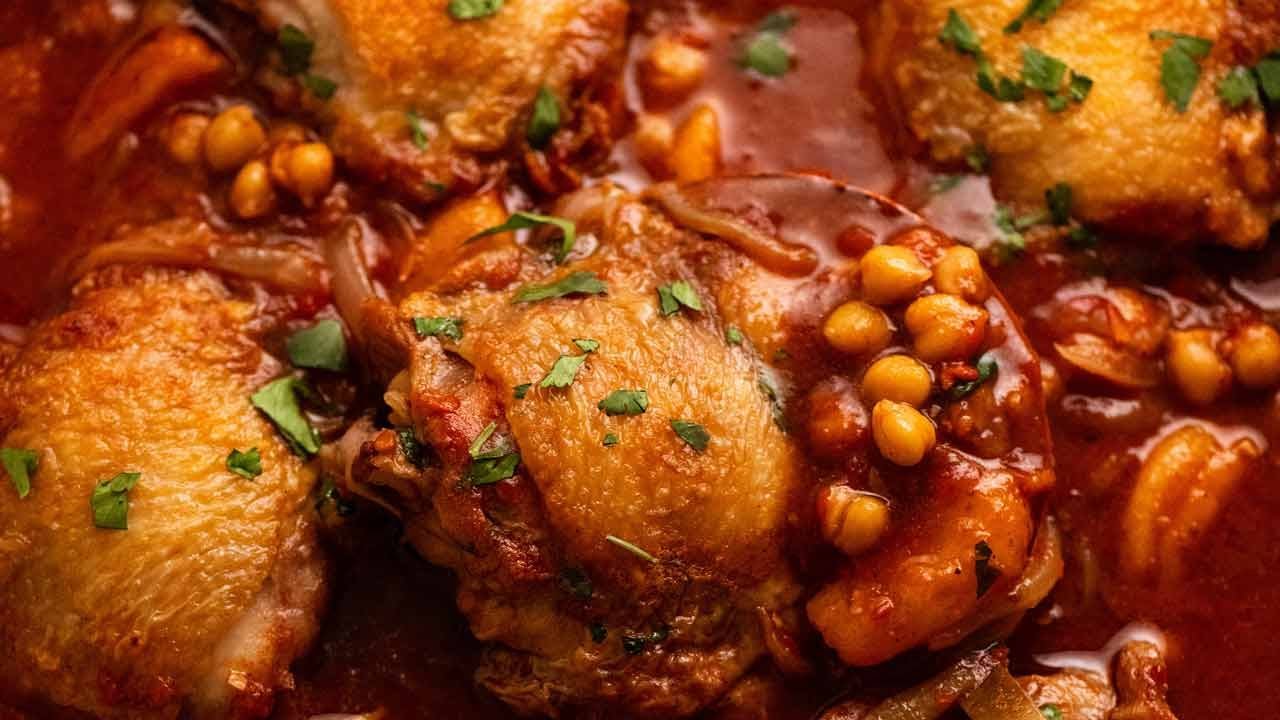
Moroccan sauce is a versatile and flavorful condiment that can add a touch of exoticism to your dishes. This sauce, typically made with spices like cumin, coriander, paprika, and cinnamon, brings warmth and depth to any meal. Whether marinating chicken, spicing up vegetables, or adding a dollop to your favorite sandwich, Moroccan sauce can elevate your dishes with its unique blend of flavors.
Its fusion of sweet and savory notes makes it the perfect accompaniment to meat and vegetarian dishes. So why not try Moroccan sauce and embark on a culinary adventure that will transport your taste buds to the colorful streets of Morocco?
Pairing Suggestions For Dishes That Complement The Flavors Of Moroccan Sauce
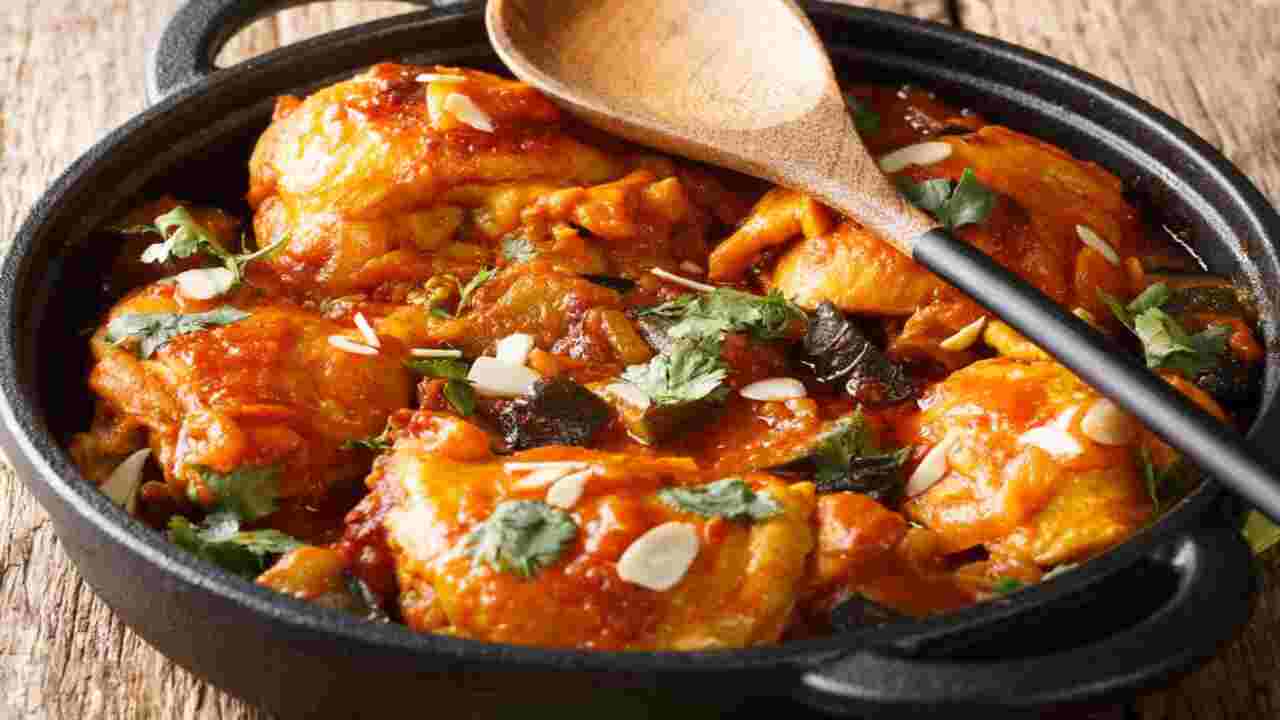
Moroccan sauce is a versatile and flavorful condiment that can elevate a wide range of dishes. Its rich and aromatic blend of spices adds depth and complexity to meat- and vegetable-based dishes. When it comes to pairing suggestions, there are several options to consider.
For meat lovers, Moroccan sauce pairs beautifully with grilled chicken or lamb, adding flavor to the dish. Additionally, it can be drizzled over roasted vegetables or used as a dipping sauce for crispy falafels.
The combination of the tangy, spicy flavors of the Moroccan sauce with the earthy sweetness of roasted vegetables creates a delightful taste experience. Whether you want to spice up your favorite protein or add an exotic twist to your vegetarian dishes, Moroccan sauce will impress your taste buds.
Conclusion
Moroccan sauce is a versatile and flavorful condiment that can take your dishes to new culinary heights. Whether you want to enhance the flavor of meats and vegetables, add a unique twist to pasta and grain dishes, create delicious dips and spreads, or explore fusion cuisine, Moroccan sauce is the secret ingredient you need.
Its blend of traditional ingredients and aromatic spices brings the vibrant flavors of North Africa to your kitchen. Get creative and experiment with different pairings to truly unleash the essence of Moroccan cuisine. So, why wait? Start incorporating Moroccan sauce into your cooking and elevate your dishes to a new level of deliciousness.
Frequently Asked Questions
1.What Is Moroccan Sauce Made Of?
Ans: Moroccan sauce, also known as chermoula or Moroccan marinade, is a flavorful combination of herbs, spices, and citrus. It typically includes ingredients like cilantro, parsley, garlic, lemon juice, cumin, paprika, and olive oil. Variations may feature ginger, coriander, saffron, or chili peppers for added depth of flavor. Perfect as a marinade for meats and seafood or as a tasty topping for vegetables and grains.
2.What Are The Benefits Of Using Moroccan Sauce?
Ans: Adding moroccan sauce to your dishes adds a unique and exotic flavor and brings health benefits. Packed with aromatic spices like turmeric, cumin, and cinnamon, this sauce aids digestion and boosts metabolism. Use it as a marinade, cooking sauce, or dipping sauce for a flavorful twist.
3.What Is Moroccan Sauce, And Why Is It Good For You?
Ans: Moroccan sauce, a flavorful blend of spices used in North African cuisine, adds depth and complexity to dishes without excessive calories. Spices like cumin, coriander, turmeric, cinnamon, and ginger offer potential health benefits due to their anti-inflammatory and antioxidant properties.
4.How Can I Use Moroccan Sauce To Lose Weight?
Ans: Incorporating Moroccan sauce into your meals can be a delicious and healthy way to aid in weight loss. Use it as a marinade for lean proteins, add it to vegetable stir-fries, or enjoy it as a low-calorie salad dressing. Get creative and explore the versatility of Moroccan sauce in your weight loss journey.
5.Is There A Difference Between Regular And Unfiltered Moroccan Sauce?
Ans: Regular and unfiltered Moroccan sauces differ in terms of texture and flavor. The regular sauce has been filtered to remove impurities, while unfiltered retains the natural qualities of the ingredients. The choice between the two depends on personal preference and desired taste.